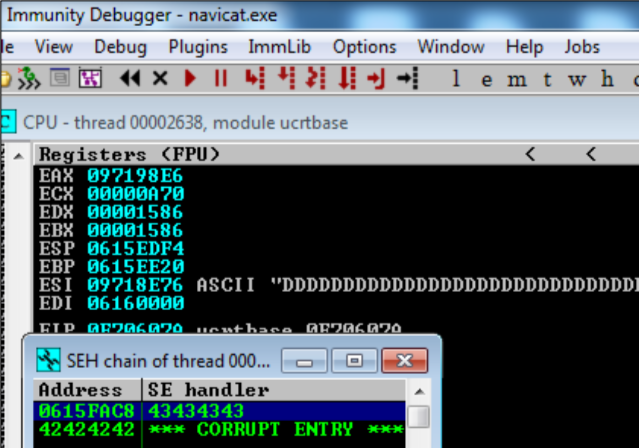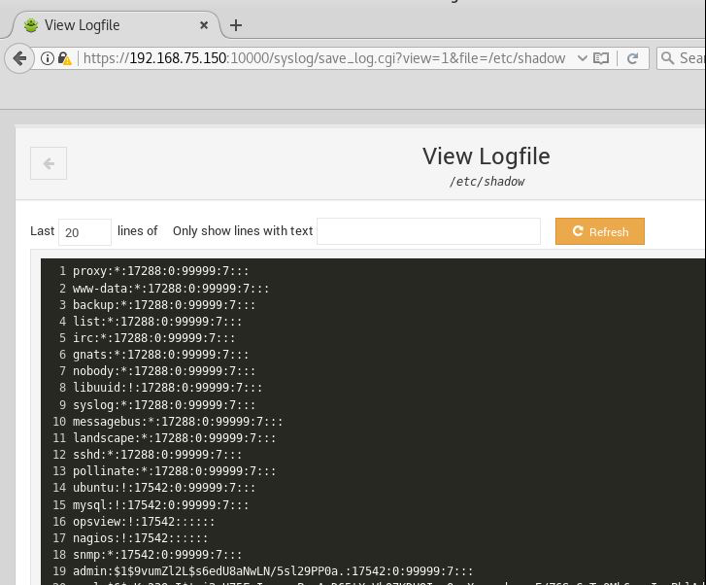In June of this year, the Scottish Government set out their ongoing commitment to developing the Safe, Secure and Prosperous: A Cyber Resilience Strategy for Scotland. As part of this, they have made £500,000 available under the National Cyber Security Programme for a voucher scheme to support small and medium-sized private and third sector organisations in Scotland. Funding is to enable those organisations to achieve the National Cyber Security Centre (NCSC) endorsed Cyber Essentials or Cyber Essentials Plus certificate.
Organisations can apply for the grant funding online and if approved will be eligible to access the money once they have achieved the Cyber Essentials accreditation. As an independent technical information assurance consultancy, 7 Elements is well placed to support your organisation through the process of gaining Cyber Essentials certification. All of our staff are highly technical and therefore our Cyber Essentials assessors are well qualified to assist you through the process. More information on the Cyber Essentials process can be found here: https://www.7elements.co.uk/services/cyber-essentials/
As of today (7th November 2018), the scheme is live and you can apply for your voucher of up to £1000 to achieve Cyber Essentials certification. The scheme will run for 12 months or until the vouchers have been exhausted.
Scotland based small and medium-sized private sector organisations can apply via a portal on the Scottish Enterprise website below:
https://www.scottish-enterprise.com/
Third sector organisations can apply via a portal on the Scottish Council Voluntary Organisations (SCVO) website below:
https://scvo.org.uk/digital/



